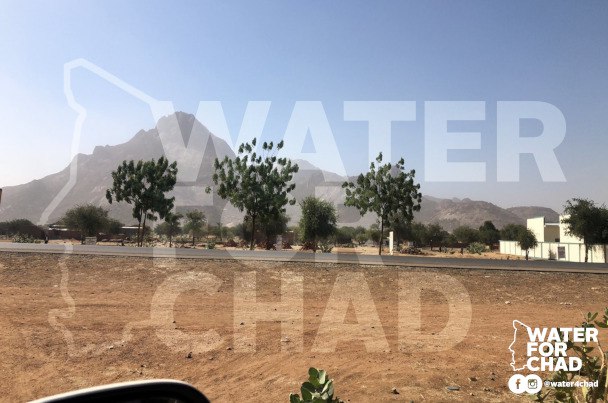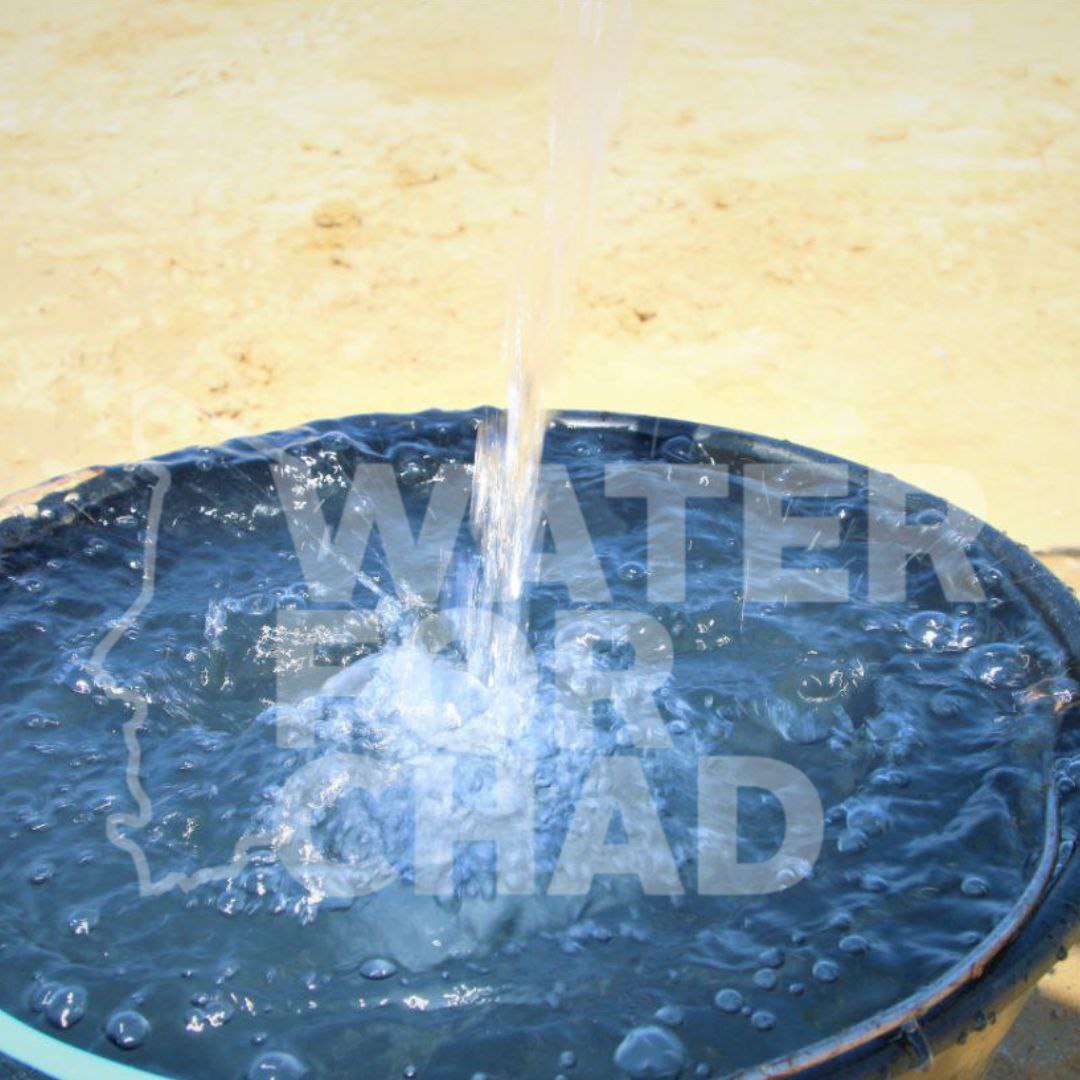Drinking water scarcity in kanem
The Kanem region, situated in northeastern Chad, is characterized by a semi-arid to arid climate. Water scarcity poses a significant challenge in this region, affecting daily life, agriculture, livestock, and other economic activities. Several factors contribute to water scarcity in Kanem: Arid Climate: Kanem is part of the Sahel, a region with infrequent and irregular … Read more






